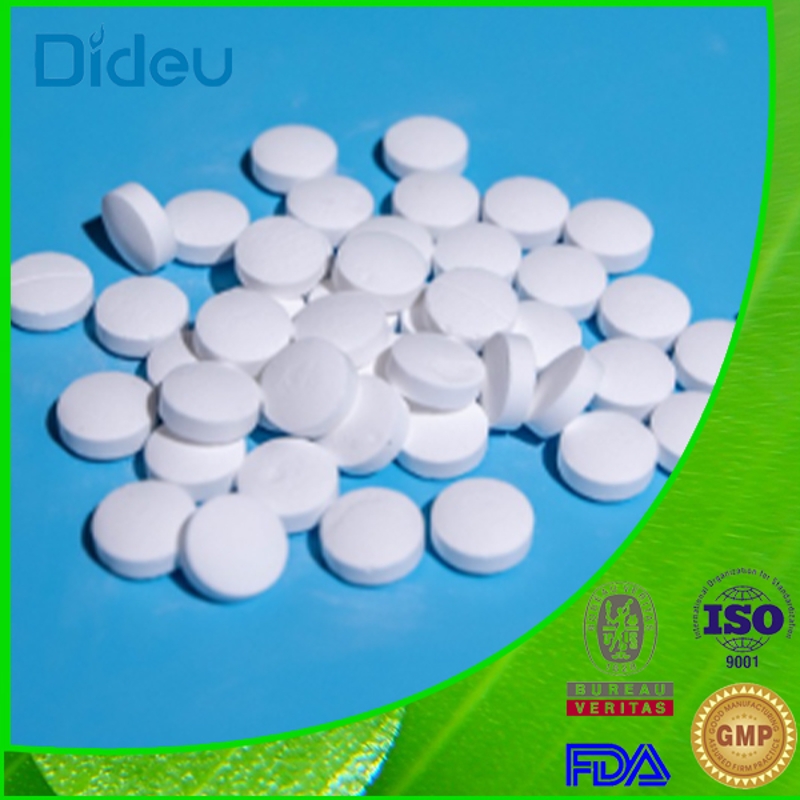-
Categories
-
Pharmaceutical Intermediates
-
Active Pharmaceutical Ingredients
-
Food Additives
- Industrial Coatings
- Agrochemicals
- Dyes and Pigments
- Surfactant
- Flavors and Fragrances
- Chemical Reagents
- Catalyst and Auxiliary
- Natural Products
- Inorganic Chemistry
-
Organic Chemistry
-
Biochemical Engineering
- Analytical Chemistry
-
Cosmetic Ingredient
- Water Treatment Chemical
-
Pharmaceutical Intermediates
Promotion
ECHEMI Mall
Wholesale
Weekly Price
Exhibition
News
-
Trade Service
3-(2-(Pyrrolidin-1-yl)ethylcarbamoyl)phenylboronic acid, HCl, also known as Bortezomib, is a medication used to treat cancer and multiple sclerosis.
It is classified as a proteasome inhibitor and works by blocking the action of the proteasome, an enzyme that breaks down proteins in cells.
This inhibition leads to the accumulation of proteins in cancer cells, which can cause them to undergo programmed cell death (apoptosis).
Bortezomib was first approved by the FDA in 2003 for the treatment of multiple myeloma, a type of blood cancer.
It has since been approved for the treatment of other types of cancer, including non-Hodgkin lymphoma and mantle cell lymphoma.
It is also sometimes used off-label to treat other types of cancer.
In terms of safety, Bortezomib is known to have some side effects.
Some common side effects include nausea, vomiting, diarrhea, constipation, fatigue, and peripheral neuropathy.
These side effects can usually be managed with supportive care and dose adjustments.
However, there are some more serious side effects that can occur with the use of Bortezomib.
These include risk of infection, electrolyte imbalances, and cardiovascular events.
Patients taking Bortezomib should be closely monitored for these potential complications and appropriate precautions should be taken to prevent them.
One of the most serious side effects of Bortezomib is the risk of infection.
The drug can lower the white blood cell count, which can make it difficult for the body to fight off infections.
Patients taking Bortezomib should be carefully monitored for signs of infection and should report any symptoms to their healthcare provider immediately.
Another potential side effect of Bortezomib is the risk of electrolyte imbalances.
The drug can affect the levels of certain minerals in the blood, such as potassium, magnesium, and calcium.
These imbalances can lead to a range of symptoms, from mild discomfort to more serious health problems.
Patients taking Bortezomib should have their electrolyte levels monitored regularly and should take any necessary steps to correct imbalances.
Finally, there is a risk of cardiovascular events with the use of Bortezomib.
The drug can increase the risk of heart problems, such as heart attack or stroke.
Patients taking Bortezomib should have their cardiovascular health closely monitored and should report any symptoms of heart trouble to their healthcare provider immediately.
It is important to note that these side effects can vary depending on the individual patient and the specific treatment regimen.
Patients taking Bortezomib should work closely with their healthcare provider to monitor their health and manage any side effects that may occur.
In conclusion, 3-(2-(Pyrrolidin-1-yl)ethylcarbamoyl)phenylboronic acid, HCl, is a medication used to treat cancer and multiple sclerosis.
It is classified as a proteasome inhibitor and works by blocking the action of the proteasome, an enzyme that breaks down proteins in cells.
Bortezomib is known to have some side effects, including nausea, vomiting, diarrhea, constipation, fatigue, and peripheral neuropathy.
However, there are some more serious side effects that can occur with the use of Bortezomib, including the risk of infection, electrolyte imbalances, and cardiovascular events.
Patients taking Bortezomib should be closely monitored for these potential complications and appropriate precautions should be taken to prevent them.







